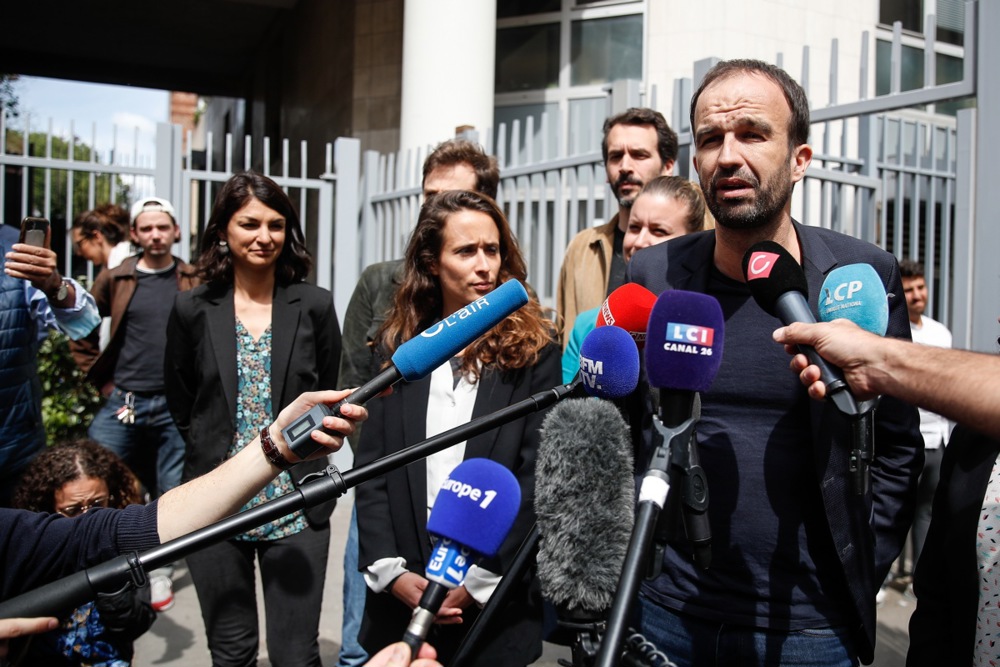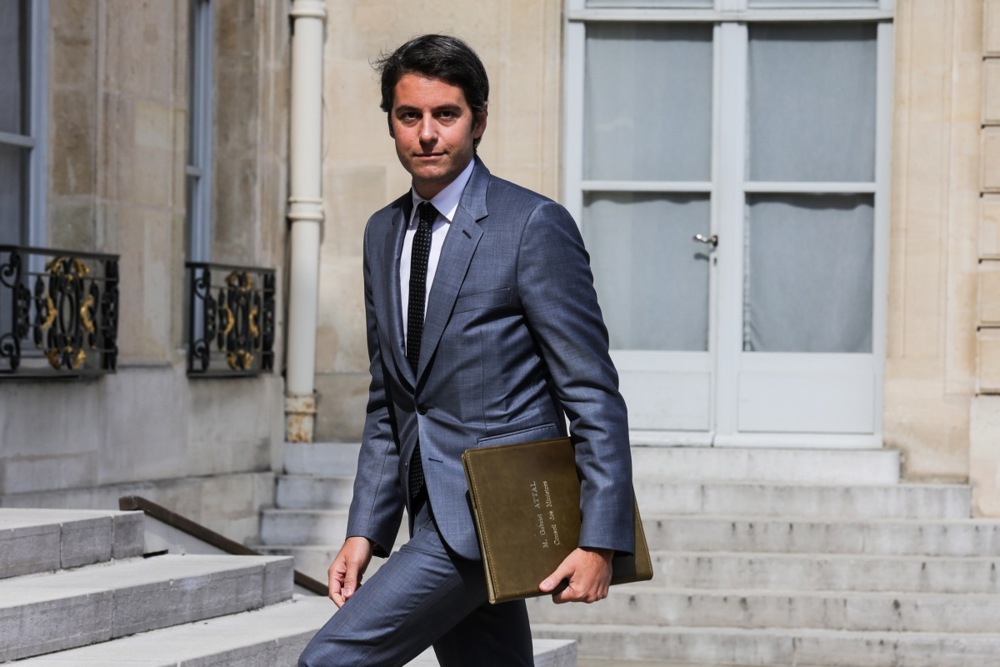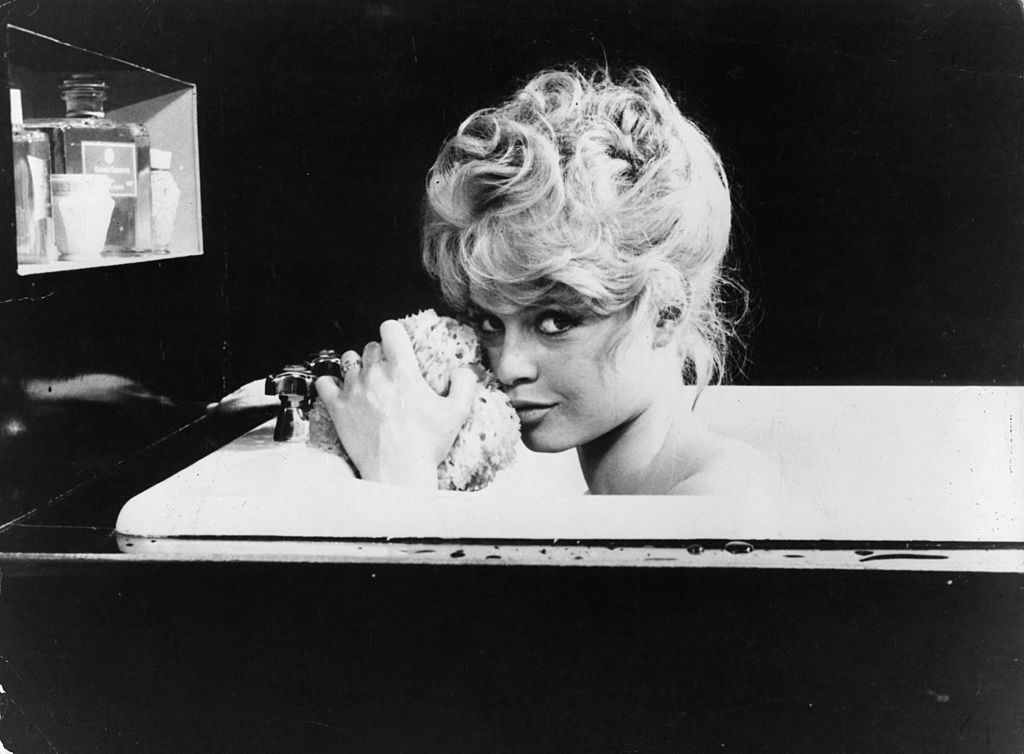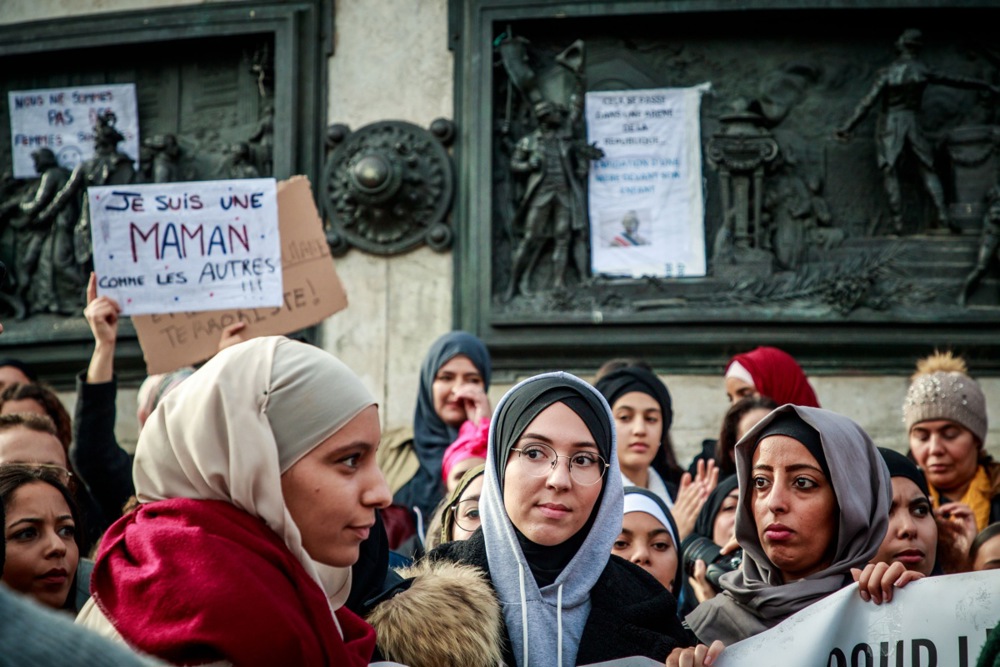A campaign is underway in France against the use of English in advertisements.
Headed by several organisations, including the prestigious Académie française, many are also taking aim at the use of “Franglais”, a hybrid of English and French that is increasingly being used by institutions and companies alike.
The issue is going right to the top of the nation’s agenda. A parliamentary committee is set to be assembled in October to deal with the situation, headed by independent centre-right MP Guy Bricout and Socialist senator Jean-Pierre Sueur.
“The slippery slope is getting steeper, leading us to an indefensible and suicidal bilingualism,” said Louis Maisonneuve, co-ordinator of Oser le français (Dare to Speak French), a coalition of organisations that want to promote the French language
The main bone of contention is the use of mixed phrases. One recent example from a coffee company reads: “Don’t oublie ton little plaisir dans ta crazy journée” (Don’t forget your little treat in your crazy day).
It is accompanied by a small image of the French tricolour with the words: “bon milk from chez nous” (good milk from our place).
While borrowing words from other languages is not new and nor is the French willingness to fight it, French language advocates say these new mélanges (mixes) are unacceptable.
A report from the Académie française, France’s official authority on all things relating to the French language that was founded in 1635, said such mingled phrases are “neither English nor French”. It said they are instead “kinds of ‘chimeras’ or word-combinations that are indefinable”.
The issue has real implications for ordinary French people.
A recent survey revealed that seven out of 10 French citizens believe that the use of English in advertising hampers their understanding of the intended messages. Two out of three French people have even given up buying products that carried instructions not translated into French.
In addition, 50 per cent expressed strong opposition to adverts peppered with English words and phrases.
Some have asked, if so few French people understand the mixed “Franglais” messages, why do brands, government initiatives and even politicians insist on using them?
“Globalisation, openness, modernity … are forcing us to simplify communication by accepting the dominance of English,” Dominique Wolton, a member of the Advertising Ethics Council (CEP), told French newspaper Le Figaro.
“For a French professional, to speak English (even badly) is to be international,” read a CEP report. “English, or more precisely what ‘sounds English’, is favoured,” because it sounds “modern and innovative … particularly when talking to young people”, it added.
Beyond trying to sound “cool”, the CEP said “les élites de la nation” may also use Franglais to cover up the fact that they may have nothing to say.
“We frequently hear the President [Emmanuel Macron] … and members of the government resort to using … newly-coined terms and Anglicisms,” pointed out one CEP member.
The CEP added that it needed to be queried when a person, an institution, or a brand “chooses not to be perfectly understood by ‘the regular people’”, if they may be trying to cover up “an absence of real content”.
“Doesn’t the use of ‘globish’ English make it possible to say something without saying anything, or even to distinguish oneself without expressing any concept?” it said.
It appears the issue will add to France’s growing list of culture-war battles.
Alongside fights over anti-Semitism among the Left and hot-topic subjects such as environmentalism and mass migration, outrage is spreading over “woke” issues in the national discourse, which some believe is another cultural invasion from the English-speaking world.
French journalist, author of “Mâle baisées” and #Femelliste co-founder discusses the violent state of France, the laziness of French media, and the spread of self-censorship. @doramoutot | @Margueritestern | @QuelleEpoqueOff | @unherdhttps://t.co/Hqh5C1goZg
— Brussels Signal (@brusselssignal) September 19, 2023





